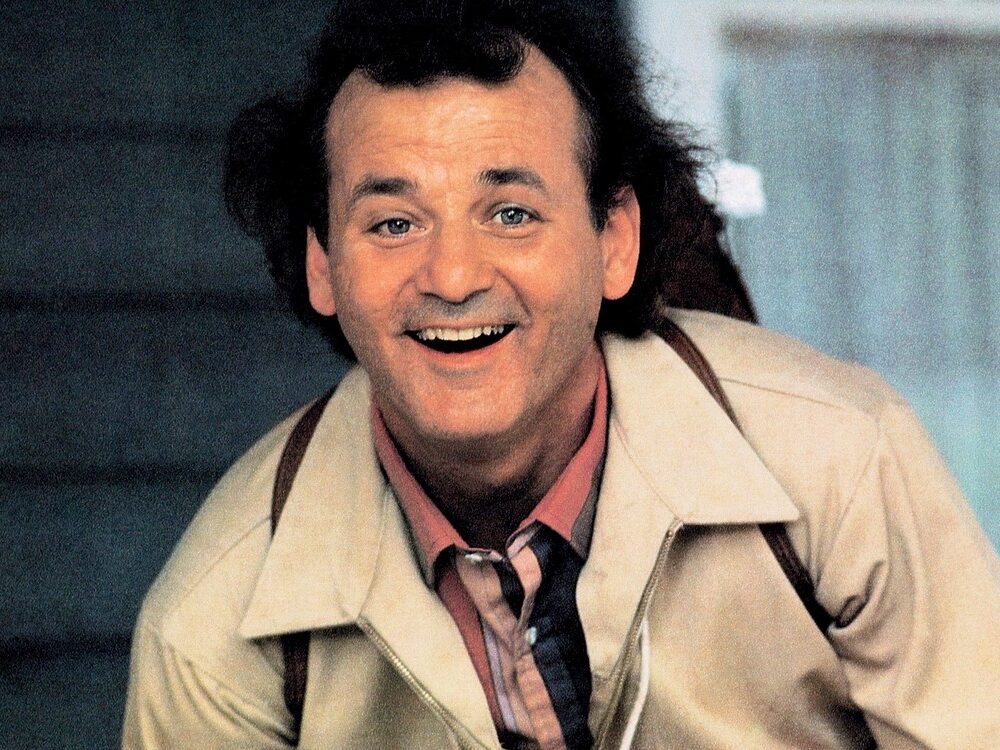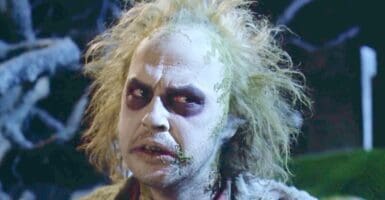Movies About Mental Illness Do Better
The study, by plotting these movies against others in the same time frame without the same focus, found that films using mental illness as a central theme tended to perform both better at the box office and with critics as well.
This article is more than 2 years old

Mental illness has long been the centerpiece of great movies. Whether it’s characters ultimately breaking under the weight of their own internal issues, slowly descending into madness or even sometimes mining laughs out of a character’s mental peccadillos, cinema has long used internal wirings as a backdrop or focal point for movies. Think flicks like Taxi Driver, One Flew Over the Cuckoo’s Nest or even movies like Silver Linings Playbook and A Beautiful Mind were all award winners. Sometimes they even take the comedic route with Patch Adams or What About Bob. These are cherry picked examples of course, but the list is long. And now we might have some proof that movies about mental illness perform better with viewers.
The study was published by MedRxIv and looked at over 2,000 movies about psychological illness made over the last 50+ years. The study, by plotting these movies against others in the same time frame without the same focus, found that films using mental illness as a central theme tended to perform both better at the box office and with critics as well.
From just a logical perspective, the findings of this study make a great deal of sense. The best movies often want to explore uncomfortable or even disturbing themes as an avenue for engaging viewers. What better way to do this than navigate the inner workings of the brain and how a person’s mental health can end up affecting both themselves and those around them. Sometimes the results are haunting, other times hilarious.

An issue with a study like this is how far the authors were willing to take the issue of mental illness into their analysis. For instance, it’s obvious The Joker was about this very thing, the descent into madness and earned over $300 million at the box office in the US and over $1 billion worldwide in 2019 on a $55 million budget. That movie clearly fits into this category.
But what about other comic book movies? How much were the authors willing to look at films where characters struggled with internal dialogues and whether that was deemed a mental illness. Does Batman suffer from such a thing? Maybe. What about Captain America after his years spent in the ice? It does seem like the net could cast a little wider than the obvious films that fit the mental health mode.
And then there are children’s movies. Pixar tends to deal with a variety of themes and Inside Out took a look right inside the struggles of the human brain as it comes of age. Would the pre-hormonal body of a child be considered mental illness? Probably not, but the ideas of the movie are central to the struggles of coming to grips with how one’s brain and emotions control actions. It’s fascinating how many ways we can peel this onion.

But as I said, from a common-sense point of view, it does make sense that mental health with all of its complexities would play a major part in how well certain flicks were received from a wide variety of audiences and critics.












